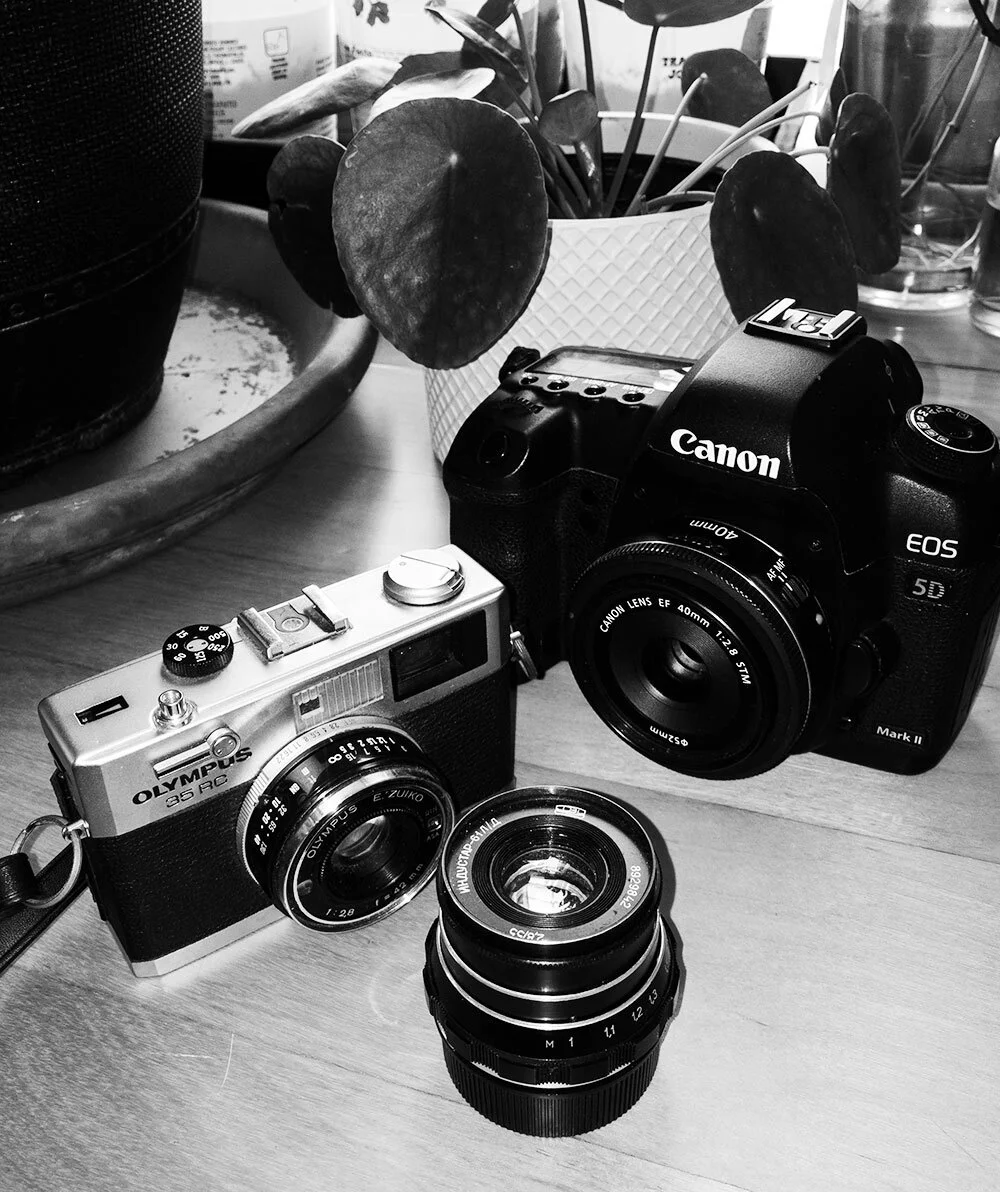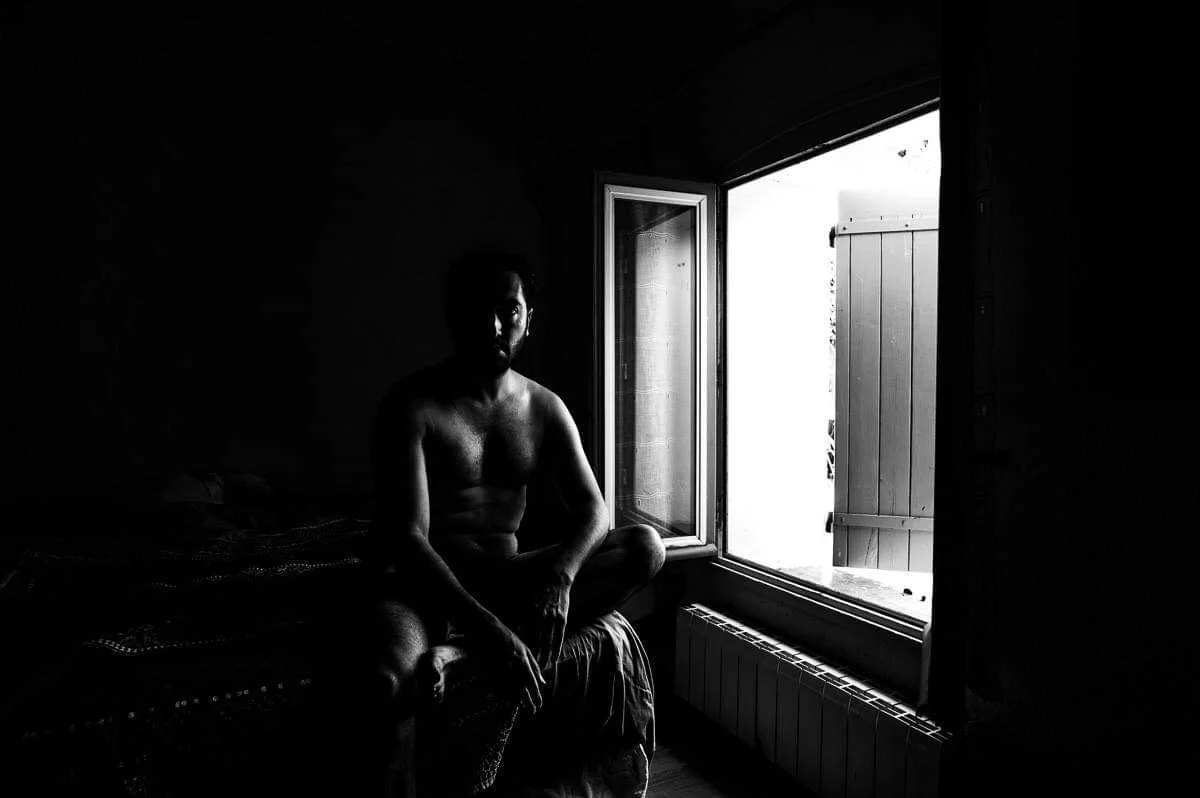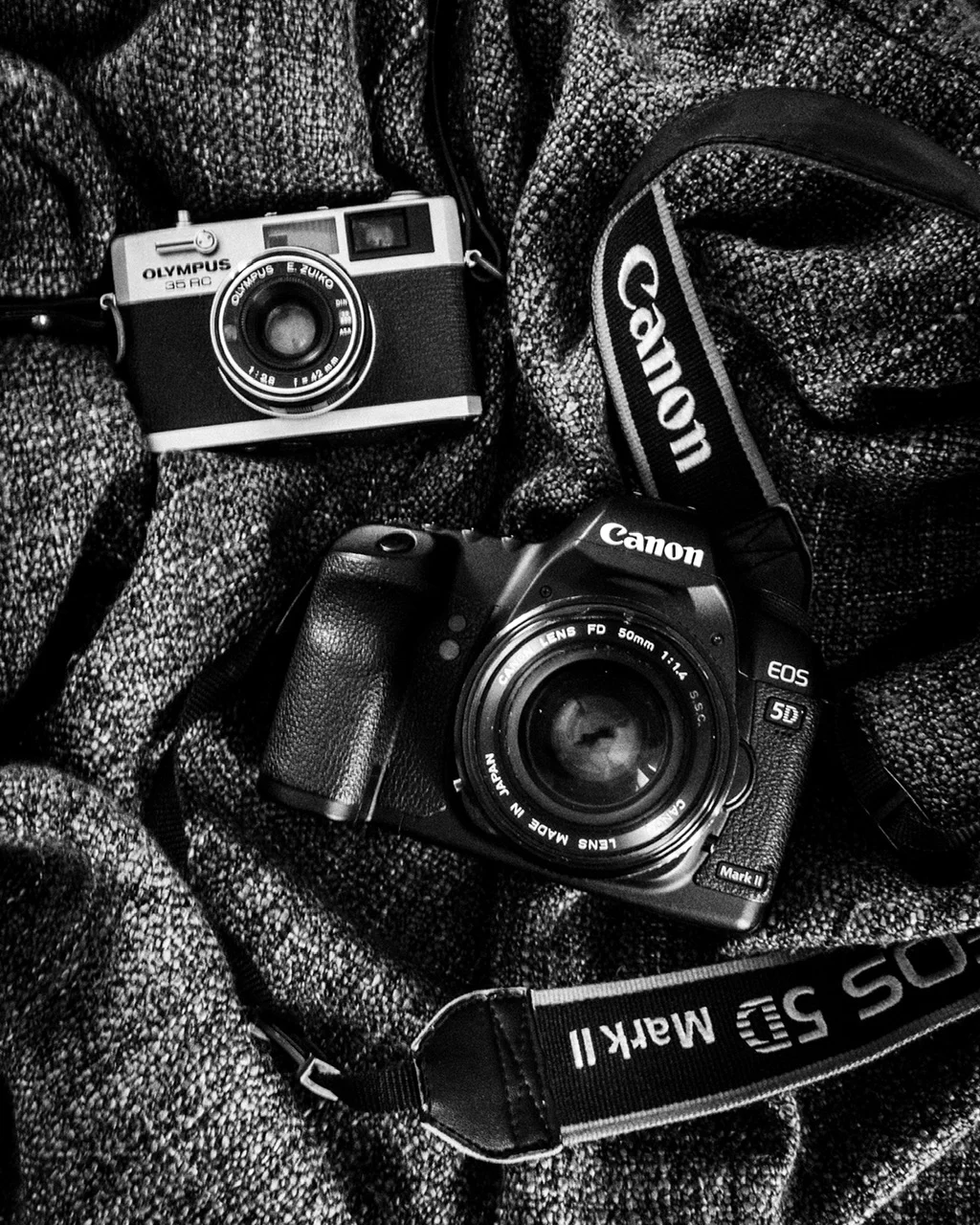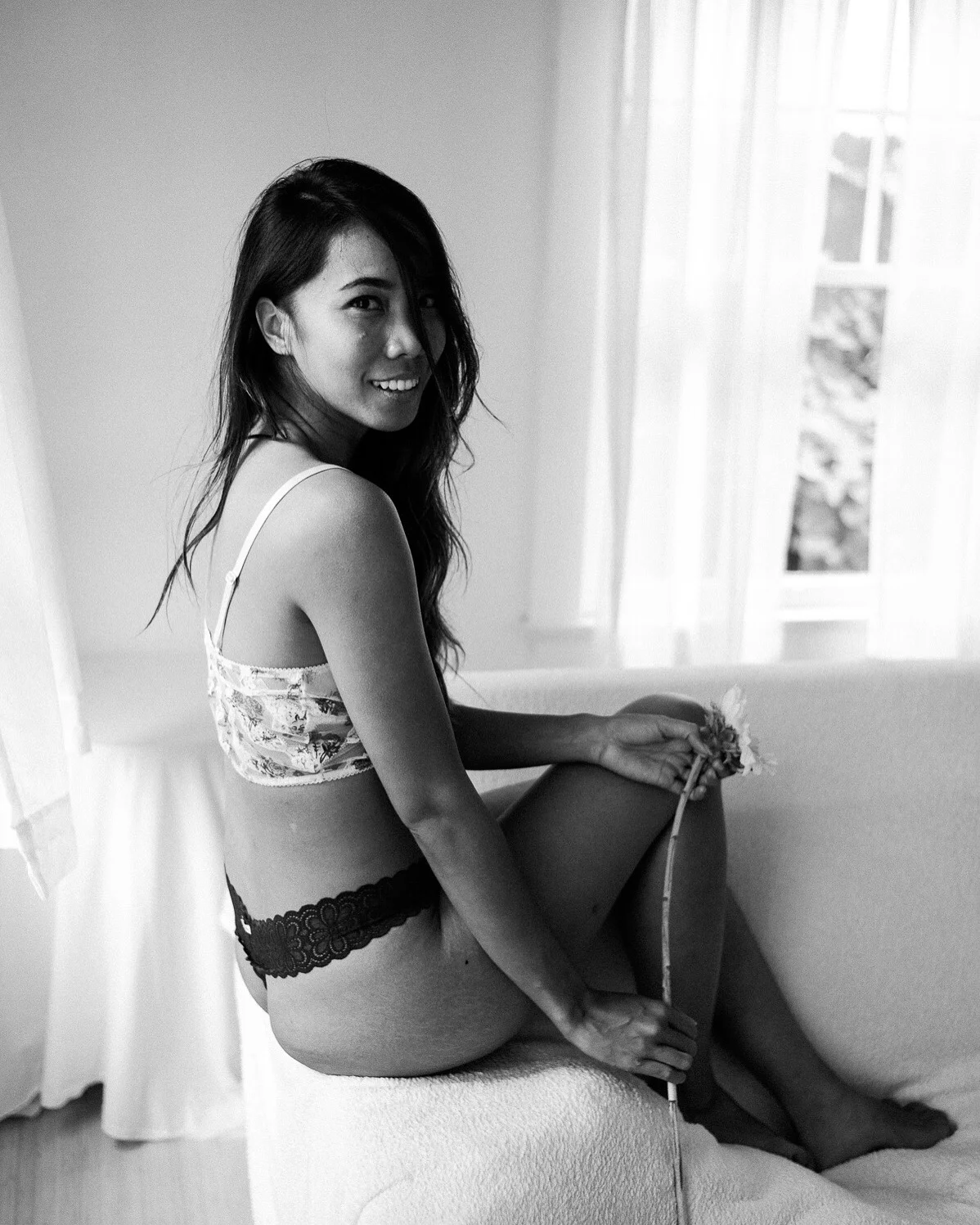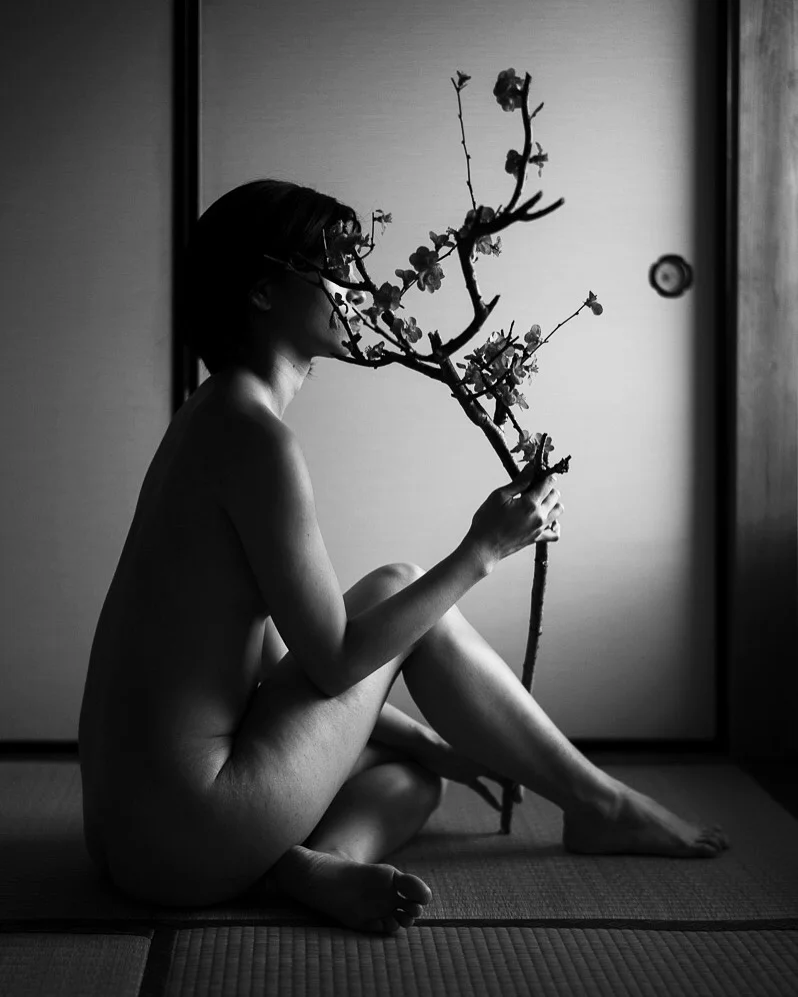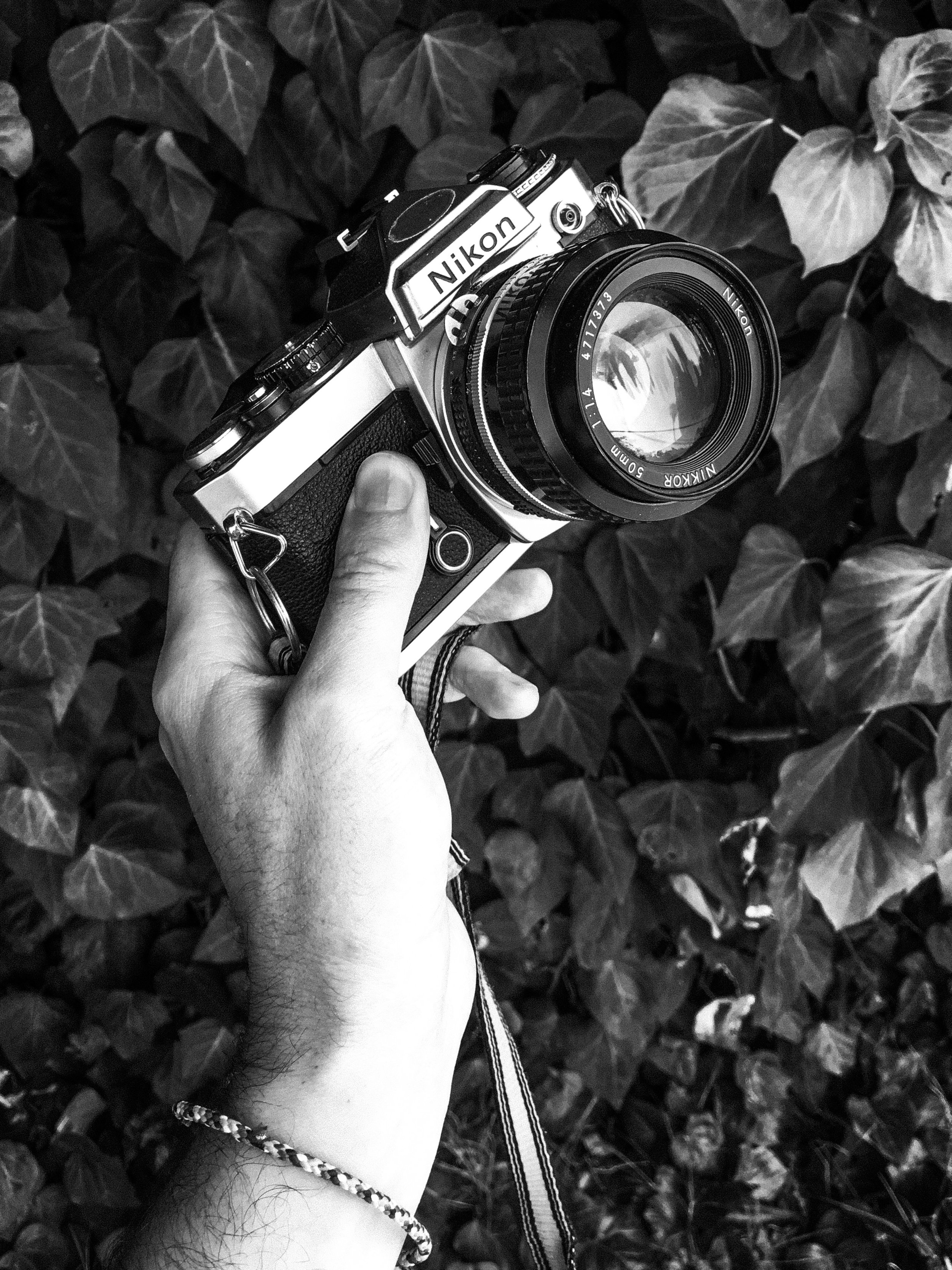SHIBARI 縛り is the Japanese style of rope bondage, which is both an art form as well as a BDSM activity, and is derived from historical methods of tying up prisoners. For me, shibari is a mode of kinesthetic communication between two people. But what does that mean?
Read MoreShibari is a mysterious thing. How can the sensation of being restricted give the feeling of freedom?
Maybe it only seems like a paradox from that perspective. Lao Tzu describes the Tao, the Way, as one of yielding and “returning.” Letting things flow, like water running down a mountain into a valley. Perhaps rope bondage is simply a guide to that space of acceptance and letting go, which is a feeling that our culture tries to avoid at all costs. I don’t know if that is a good thing or a bad thing. Maybe it is neither. It is also possible that the appearance of conflict arises simply because our minds, overwrought with puritanical doctrine, want an explanation deeper than “touch feels good,” as if that wasn’t profound enough.
Read MoreThis is a question that I’ve been hesitant to approach, because for a long time I wasn’t sure.
It took me over ten years of photography before I started to find my voice and figure out what it was I had been trying to say all along, and likewise shibari has taken some time, about ten years off and on. Most of my realizations have come after I found my voice through the art of photography, and started to find parallels.
Due to the Covid quarantine, I and others have found that it is possible to do beautiful boudoir photo sessions virtually, by means of video calls. For me, creating art through these sessions is a joy, like flying after being let out of a cage. It’s still quite a ways away from the experience of actually having a proper boudoir photo shoot in person, but it is also rewarding in its own unique way, with constraints and opportunities.
Read MoreRecently several of my friends have asked me for advice on buying a new camera, with some asking specifically about film cameras. I’ll explain the most important thing to understand when buying cameras, some considerations for choosing between film and digital, as well as the different types of cameras and lenses available, and my recommendation for what to buy and how to find it.
Read MoreWe are so used to only experiencing photography on our computers and phones that it can be easy to assume that's the final product-- and for some purposes that may be the case. However, Digital images are easily lost, whether it be to accidental deletion, devices breaking, going obsolete, or being upgraded.
In contrast, physical works such as prints or books are real, tangible objects that you can proudly display in your home, or keep private to enjoy for years or decades in the future. In this way, artwork you make can become treasured mementos that only become more valuable as time passes.
Social Media is a blessing and a curse; it offers connection and validation, but comes with a hidden cost, and it shapes how we express ourselves and what kinds of art we make. That is, certain types of posts are more welcome, and others are actively discouraged. Here are my thoughts, and why I think there’s magic in making art that is meant to be kept secret.
Read MoreCurrently we are in a golden age of photography-- we consume and create more photos each year than in the first century of photography. It has quite literally never in history been easier to use our individual, personal gaze and make photographic images and to share them with people around the globe-- forever visible. We are adapted to be aware of a Second Gaze, that of the judging public at large, which by the nature of the current internet is not bound by proximity of space or time. I suspect this has changed the nature of how we create and think about personal photography, how we see ourselves, and encourages us to find privacy by masking our true selves.
Read MoreJapan is an incredible place, and Tokyo in particular is so rich that you could find literally anything you are looking for. Want to spend a week trying out world-famous sushi, centuries-old sake breweries, and seeing live music every night of the week? Or perhaps go on an all-night bender through Shinjuku & Shibuya between scouting the nerd-Valhalla of Akihabara? Or a serene week of ancient temples interspersed with martial arts training in the mountains? Whatever you want, you will find.
You could take a lifetime of exploring to only scratch the surface. Here are a few of my favorite spots and a few day trips that I have found to be fun, as well as a few recommendations.
Read MoreOne of my friends just got a new DSLR camera, and asked me what lens he should get next, so I decided to write out my advice and share it.
The key is to understand what you need, and decide if you need it occasionally and can rent the equipment, or if you will be better off owning it.
I’d also like to offer my thoughts on buying used equipment. If you are buying something new, you have a warranty guarantee— if you are starting out with a new system, or an autofocus lens, this is very useful. You never know if the previous owner dropped the camera, or what. However, if you don’t mind buying used (and almost all cameras made in the last 5 years are just fantastic), then you can pick up some amazing gear at very affordable prices…
Read MoreLong story short, I realized that I wasn't very good at writing about my work. I could talk about it well enough over drinks with friends, but when it came time to clearly describing it for strangers, I struggled. I’d fall back on describing it as simply following my intuition, which is true to a degree, but misrepresents the amount of thought and time I have put into my practice over the years.
For a long time I gave myself the excuse that if I was good at writing, I wouldn’t be a photographer. This was BS— I am good at writing, and it has nothing to do with why I got into photography.
Talking about one’s work is a skill, and like any other skill, you need constant practice to improve. I decided to start up a blog so that I could have a reason to force myself to sit down and put my thoughts to text somewhere outside of discussion groups on forums or Facebook…
Read MoreI love being able to capture a moment, a glance, a thought between words, and preserve it. Some art philosophers say photography is about death, a never ending struggle to keep fleeting memories that are in reality already gone the instant the camera’s shutter closes.
I disagree, I think it is about life: celebrating the moments as they happen, savoring them, and allowing them to be shared with others in a way that transcends space and time. Long-gone civilizations have their monuments, our memories of love and laughter can last as long as paper can hold them.
Read MoreI was recently thinking about inspiration and how people develop a personal style. There's a phrase, "follow your Muse." But what's a Muse?
In modern times, a Muse is considered a person or thing that inspires you. In Greek mythology they had a different idea: the Muses were goddesses of music, poetry, comedy, and other arts, and they were responsible for providing inspiration to humans. A song was not invented by humans, it was created by these goddesses who would whisper it into the mind of a musician. Divine inspiration.
Read MoreIt’s really easy to take time for granted. Even if the future is open, everything is finite. I may live to 110 or I may die tomorrow, but either way, there will be a finite number of photographs I create. A finite number of birthdays, a finite number of dinners with any particular friend. Cherish the moments you have, as you have them, because you never know when it may be the last.
Read MoreAh, the faithful 50mm lens, or for beginners the fantastic-plastic nifty-fifty. This essay will explain what it is, and why I consider this lens to be the best teacher in photography.
Read MoreThis isn’t a post about food, at least, not entirely.
This is about how we learn, how we find what we like, and how we savor experiences.
Think back, to our ancient history, to an ancient pre-human primate, discovering a fruit they had never seen before, hungrily taking a bite. Upon discovering how delicious it is, our ancestor brings some of this new fruit back to its tribe, offering it to the others.
”I found this. It’s good.”
In essence, this is what the curator and the artist do. The curator finds the good things, and shares what she thinks is the best. She may be a museum director or a DJ spinning vinyl on a friday night. Her job is to develop a nuanced appreciation for what is good, what tastes good to the soul, and bring it back to the tribe.
Some time ago I heard photographer Bil Brown give a talk about what it means to be an Artist compared to being a Professional.
The gist of it is that the Professional has a set system in place to deliver the images that the client requires, while the Artist follows their own intuition, making what they are compelled to. The Professional is reliable, but the Artist is capable of innovation.
I think there’s some truth to this, even though the line between Professional and Artist is a hazy one, and probably best thought of as states of mind rather than two divisions of types of photographers. When working with a client, be it to cover an event or a boudoir session, I have had enough experience that I can confidently make good photos in almost any situation with almost anyone. That’s not special, that’s the baseline of what it means to be a photographer. The challenge is in shifting gears, getting into that Artist state of mind, where you try things that even you don’t know if it’ll work. Being vulnerable, shooting unfamiliar subject matter, facing what makes you uncomfortable. It doesn’t always work out.
I was recently watching a time-lapse video of another photographer’s work retouching an image. The subject was an incredibly beautiful woman in perfect lighting. The retoucher’s cursor ran back and forth, cleaning up stretch marks, masking blemishes, smoothing skin, adjusting the shape of the woman’s eyes, and finally patching up a section of her eyebrow that apparently wasn’t up to his standards.
It made feel sad.
The kinds of imperfections that the retoucher was fixing were natural, real parts of what an adult human’s skin looks like. It made me wonder if the retoucher had ever been in love, when any flaw is an endearing trait to be cherished and treasured.
Read MoreToday I was talking to a friend I shoot with frequently, and we got to talking about expressing sensuality in photography. In most commercial media, sexuality is something to be consumed by the viewer. Whether it’s actual pornography, suggestive artwork on an album cover, or an advertisement for deodorant, the message is the same: “Here’s a sex object for you to enjoy.”
The problem is that it erases the agency and personhood of the subject, as well as deadening the experience for the viewer. It’s the equivalent of free junk food— Here’s something salty and sweet, it won’t improve or even satisfy you but it’s easy enough to keep you wanting more.
What’s the alternative?
Read MoreAbout twenty years ago, a shift happened in photography.
The automatic exposure and focus capabilities of state of the art film cameras finally got the ease of use provided by digital sensors. Taking a properly exposed photograph and making a print from it had required take years of practice, careful note-taking, and dedication to the craft of making images with light-sensitive chemicals. Now, the camera itself could more or less accurately judge the appropriate settings to make an exposure, and making that image viewable or ready was as easy as plugging in a memory card. Since then, the cameras and their computers have only gotten better, some even adding filter effects to replicate the style of film cameras. Now anyone can grab a camera and take decent photos with no experience.
The baseline shifted. Literally anyone with a modern cell phone can take great photos that would look great printed and framed on a wall. Taking a decent photo is now the expected default.
The photographer’s function now is to bring out the soul of a scene, or to see things in a different way.
Read More



